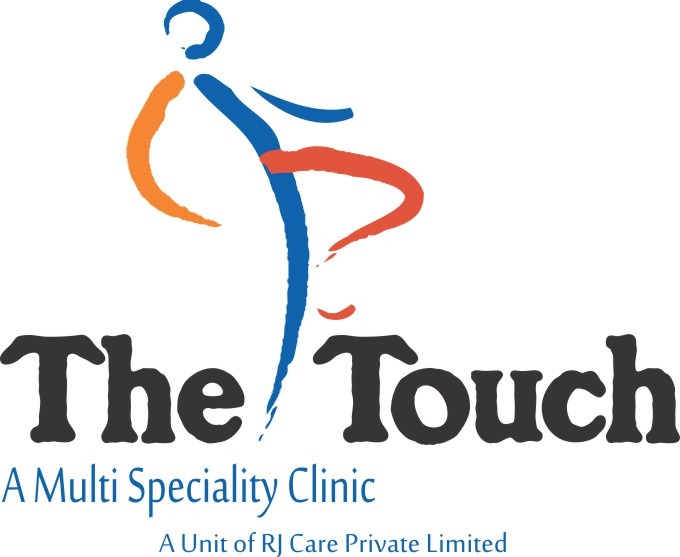IVF and Endometriosis: Navigating Fertility Challenges

Endometriosis is a complex condition that affects millions of women worldwide, often leading to both physical pain and emotional stress. The growth of endometrial-like tissue outside the uterus can result in scarring, inflammation, and adhesions around vital reproductive organs, making it difficult for women to conceive naturally. However, hope is not lost. According to Dr. Preeti Jindal, IVF (in vitro fertilization) has become an effective fertility treatment for women struggling with endometriosis, offering a chance to overcome the barriers this condition creates.
The Link Between Endometriosis and Infertility
Endometriosis can cause scar tissue, inflammation, and adhesions around reproductive organs like the ovaries and fallopian tubes. This can obstruct the release of eggs, preventing natural conception. Even without obvious physical blockages, endometriosis may also negatively affect egg quality, implantation rates, or the overall health of the reproductive system.
Research suggests that up to 50% of women with endometriosis experience infertility. For women facing these challenges, IVF offers hope by bypassing many of the issues that arise from this condition.
How IVF Helps Women with Endometriosis
IVF, or in vitro fertilization, is one of the most effective fertility treatments available today. The process involves stimulating a woman’s ovaries to produce multiple eggs, which are then retrieved and fertilized outside the body with sperm. After fertilization, the embryos are transferred back into the uterus for potential implantation.
For women with endometriosis, IVF can be especially helpful in the following ways:
- Bypassing Blockages: In cases where endometriosis has caused physical blockages or damage to the fallopian tubes, IVF bypasses these issues by fertilizing the eggs outside the body.
- Improving Egg Quality: In some cases, medications used during the IVF process can help enhance egg quality, leading to a higher chance of successful fertilization.
- Controlling Endometriosis: IVF treatments are often tailored to manage the effects of endometriosis, including controlling the body’s hormonal environment. This can help minimize the adverse effects of the condition on the IVF process itself.
Managing Endometriosis for IVF Success
While IVF provides a path to parenthood for women with endometriosis, it’s important to address the symptoms of the condition for optimal success. In some cases, doctors recommend treating endometriosis before starting IVF to improve success rates. Common treatments include laparoscopic surgery to remove endometrial lesions, hormonal therapies to suppress the growth of endometriotic tissue, and lifestyle modifications.
It’s also essential to follow a healthy lifestyle throughout the IVF process. Maintaining a balanced diet, managing stress, and staying active can support overall reproductive health and improve the chances of IVF success.
Success Rates of IVF with Endometriosis
IVF success rates vary depending on the severity of endometriosis, the woman’s age, and her overall reproductive health. Women with mild to moderate endometriosis often experience success rates similar to those without the condition, while women with severe endometriosis may have slightly lower chances. However, with the advanced techniques offered at The Touch Clinic, we strive to maximize each patient’s potential for success.
Under the expert care of Dr. Preeti Jindal, many women with endometriosis have successfully navigated their fertility journey through IVF, achieving the dream of parenthood.
If you’re struggling with endometriosis and facing fertility challenges, IVF may be a solution worth exploring. The ability of IVF to bypass some of the issues caused by endometriosis gives many women the opportunity to conceive and start their families.
Ready to take the next step towards your fertility journey? Schedule a consultation with our team of fertility experts today and explore your IVF options.

 Robotic
Robotic





